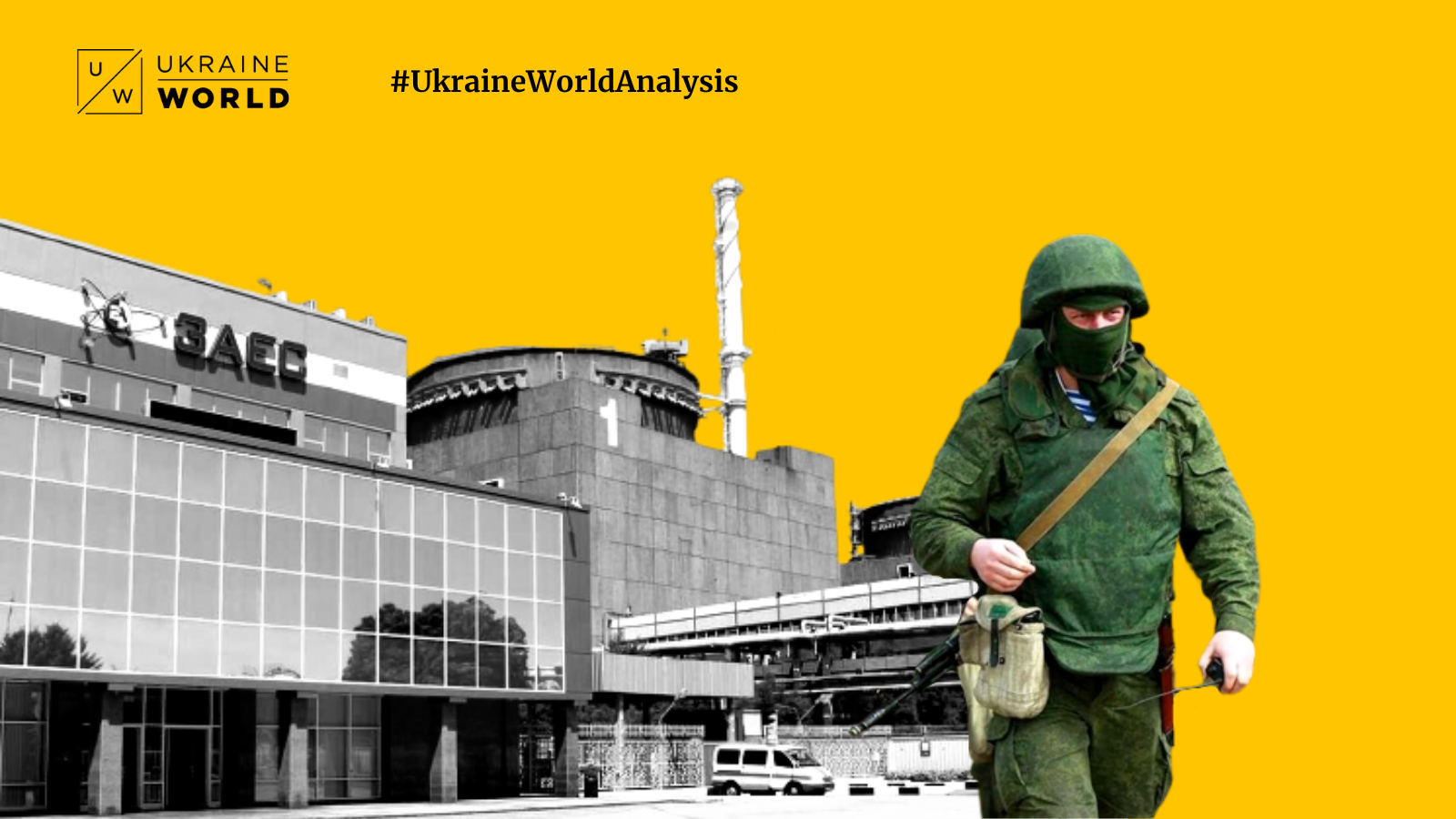Roman Nitsovych, Research Director at DiXi Group, told about the impact of the war on Ukraine's energy industry.
Key points — in our brief, #UkraineWorldAnalysis:
1. On the damage caused to Ukrainian energy sector by the Russian aggression
- One third of Ukrainian power generation capacities are located in the territories currently occupied by the Russian forces. Some infrastructure facilities in the occupied territories still operate in the Ukrainian power system, while others are disconnected from the system, damaged or not under Ukrainian control;
- Russian aggression has significantly lowered the level of energy consumption in Ukraine, since many large enterprises which were major consumers of electricity and gas have been destroyed and millions of civilians have migrated abroad;
- Ukrainian state nuclear energy enterprise Energoatom reports on app. $131 mln of net loss in the first half of 2022 compared to app. $30 mln of net income in the first half of 2021. Electricity sales volume decreased by 17,44% year-on-year.
2. On the Russian nuclear blackmail at the Zaporizhzhia nuclear power plant
The Zaporizhzhia nuclear power plant has efficient safety systems which have been regularly subjected to stress tests and upgrades. However, there is a possibility that Russian occupation of the power plant may lead to a nuclear disaster;
- If the external power supply of the plant is interrupted and backup generators fail, then the nuclear fuel will not be cooled which will lead to a meltdown and radiation leaks. This will cause a regional catastrophe similar to the Fukushima nuclear disaster;
- The Russian nuclear blackmail at the Zaporizhzhia nuclear power plant is the precedent in world history. Russia's war of aggression against Ukraine is the first military conflict which creates direct threat to a nuclear facility;
- The possible intentions behind the Russian nuclear blackmail at the Zaporizhzhia nuclear power plant are 1) to convince the West that the nuclear plant must be transferred under the Rosatom management or 2) to force Ukraine and its allies to negotiate on the Russian terms despite the military losses of Russian forces.
- One of the solutions for containing Russian nuclear blackmail is to introduce sanctions on the entire Russian nuclear industry, including Rosatom for its participation in the takeover of Zaporizhzhia NPP. DiXi Group made a deep dive into foreign projects and contracts of the company, which represent significant part of its income ($7.5 billion out of the total $16.7 billion in 2020), and the taxes paid on that income — amounting to $3.5 billion in 2020 — were used to fund the Russian war machine.
3. On the risks of the upcoming winter's season for Ukrainian energy infrastructure
- There will be no heating season in some regions, since the local energy infrastructure has been deeply damaged during battles. For that reason, Ukraine is evacuating civilians from Donetsk Oblast;
- It is likely that Ukraine will evacuate civilians from some parts of Zaporizhzhia, Kherson and Kharkiv Oblasts, since they are close to the frontlines — if their district heating networks are damaged, it will instantly cause a local humanitarian crisis;
- Ukraine has already accumulated 1.8 mln tons of coal and 12.6 bln cubic meters of gas for the heating season. The Ukrainian government is planning to increase these figures to 2,5 mln tons of coal and 19 bln cubic meters of gas by October 1;
- Ukraine will likely achieve the required amount of coal by imports and its own coal production in Western Donbas (i.e. Dnipropetrovsk Oblast) and Lviv-Volyn basin;
- There is a risk that Ukraine will not accumulate the required 19 bln cubic meters of gas. In order to have financial resources to purchase enough gas, Ukrainian state company Naftogaz has to first restructure its debt, which will slow down the process of gas purchasing;
- For that reason, Ukrainian government would probably get back to the idea of decreasing the minimum temperature standard for heating apartments, make the heating season shorter and prolong the winter holidays for school and university students;
- The Ukrainian government imposed a moratorium on household prices and tariffs revision last year, which now is causing a financial deficit in the heat supply system due to the inflation and increased energy prices. The Ukrainian government will need to solve this problem.
4. On Ukrainian energy strategy
To rebuild energy sector in long-term, Ukraine needs to lift price controls and temporary restrictions in the markets to attract investment;
- When developing a state strategy in the energy sector, it is also important to take into account how the structure of consumption has changed or will change due to the mass displacement, as well as what the projected resource needs of different industries are;
- It is expected that some areas of the economy, especially cargo transportation industry, will switch to electricity as a main resource;
- The main 'resource' for optimizing the Ukrainian economy is its energy intensity: in Ukraine, this figure per GDP unit is 3-4 times higher if compared to the advanced Western countries. Ukraine needs to build the energy system in a way that will provide decarbonization and maximum energy consumption efficiency.
This material was prepared with financial support from the International Renaissance Foundation.

